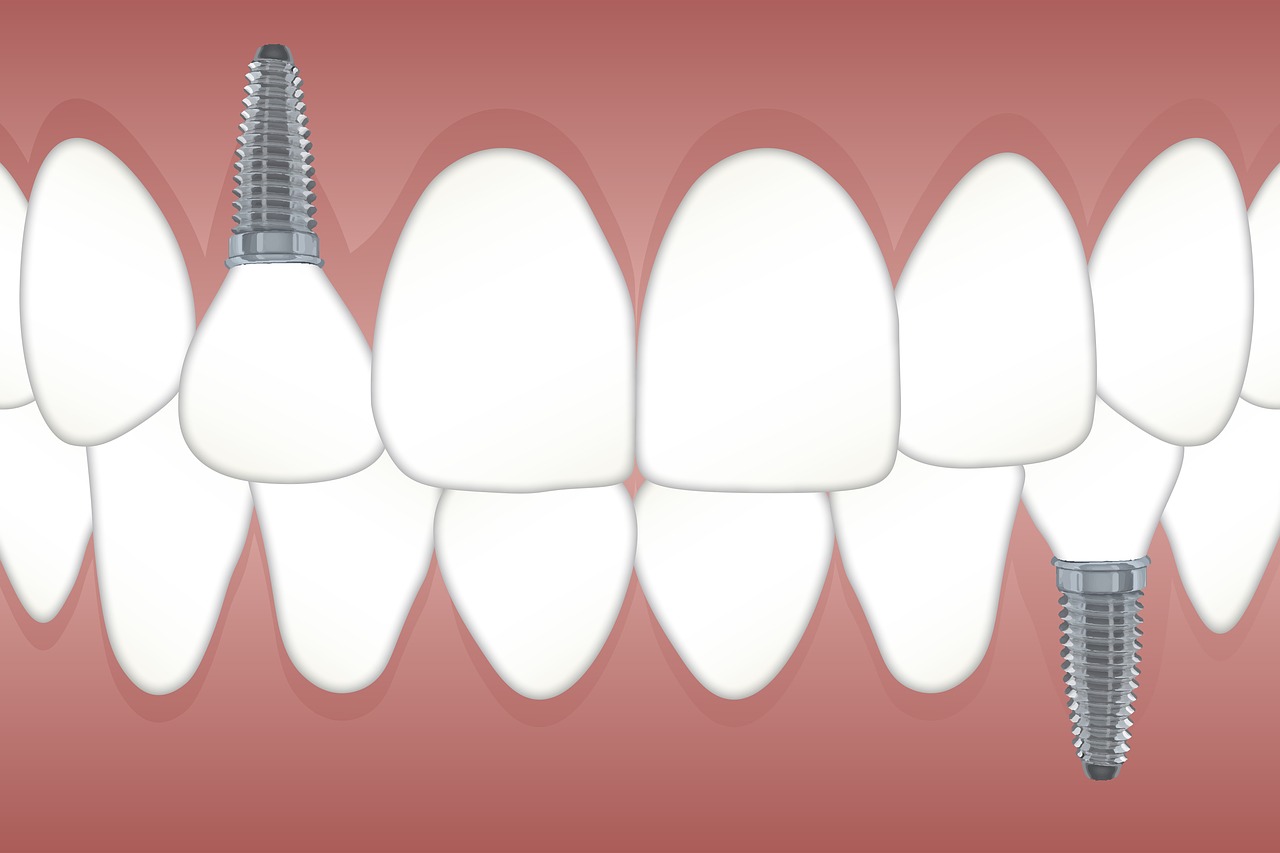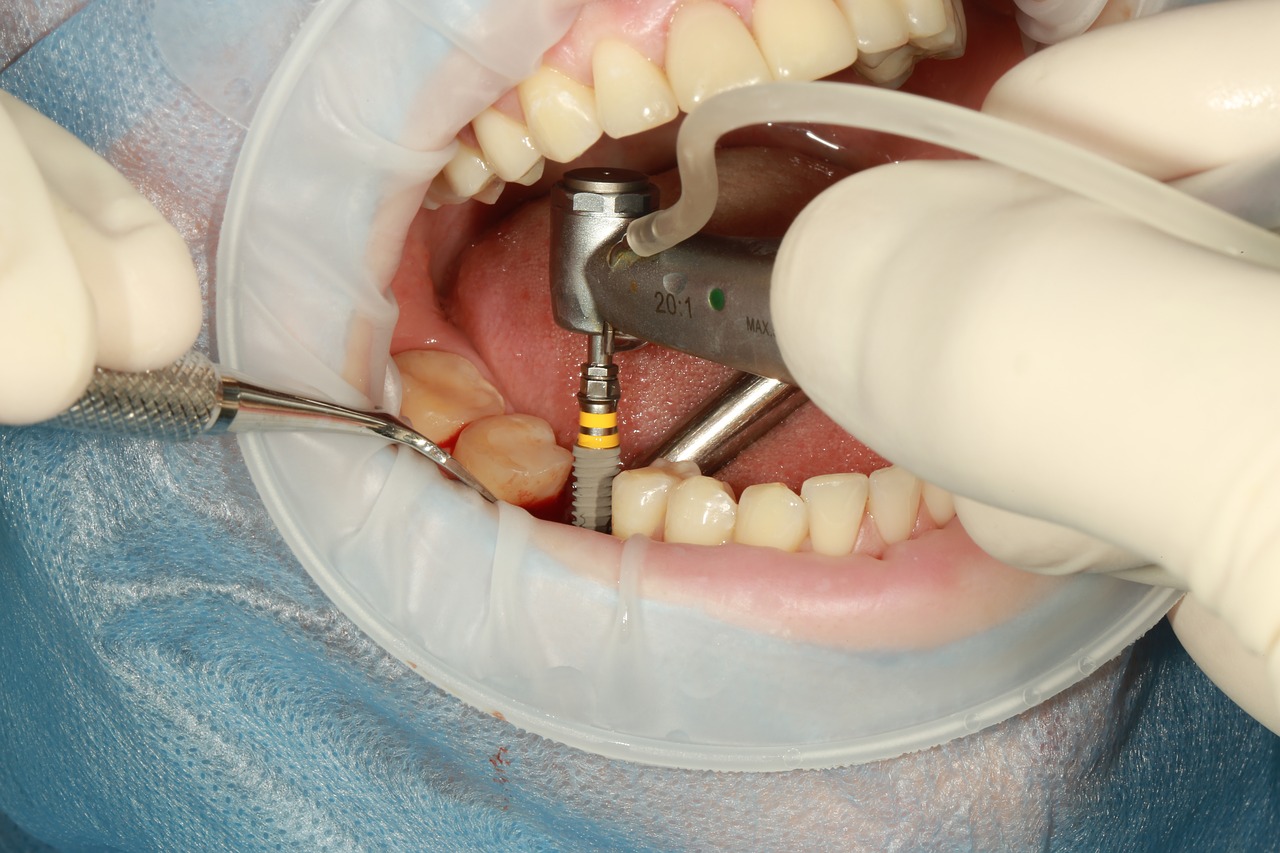Dental implants are titanium devices that act as replacement roots for missing or damaged teeth. Getting dental implants involves surgical placement, letting them heal, and then adding a metal connection called an abutment. Finally, a crown that functions and looks like a natural tooth is placed on top of the abutment. Dental implants are an excellent alternative to bridges or dentures, particularly in patients who don’t want anything removable or to drill on the adjacent teeth.
When Are Dental Implants Necessary?
If you have at least one missing or broken tooth that needs to be replaced, you may consider getting dental implants. Patients with loose partials, dentures, bridges and those wanting to improve their chewing, speech, or face structure may also benefit from getting dental implants.
Note that you are generally a good candidate for dental implants if you have enough bone to support your implants or with bone grafting to provide the necessary bone. Strong bone is key for implant success, as implants should last for life.
Benefits of Dental Implants
One of the advantages of dental implants is that they don’t affect the surrounding teeth. In addition, dental implants can prevent bone loss and maintain your jaw’s natural shape and appearance.
Appearance
Dental implants match your mouth’s natural teeth and are available in a broad range of sizes and shapes. Your dental team will make sure that your implants match your surrounding teeth’s color and fit in your gaps perfectly, so only you and your dentist will be able to tell your natural teeth from your implants.
Biting Ability
Dental implants’ benefits also include the ability to restore your bite force. That’s because a dental implant’s titanium post is securely anchored in the jawbone. As a result, it is strong enough to allow you to bite using the same force you would use with a natural tooth.
Speaking Ability
Yet another reason to choose dental implants is that they will help you speak naturally and easily. Whereas dentures can make it hard to pronounce some words correctly, implants can enhance your speech simply because they function and look like your natural teeth.
Cavity Prevention
Finally, dental implants offer the benefit of being resistant to cavities. You will still have to care for your gums to keep infection-causing bacteria from accumulating in the mouth. However, the material in dental implants can’t decay, which means cavities will never be a problem for them.

What Are the Next Steps?
If you are interested in getting dental implants, our expert, Dr. Guirguis is eager to help. Dr. Guirguis has trained across the country with some of the best instructors in the nation and has successfully placed hundreds of implants.
Your implant procedure may take place in a single stage or multiple stages depending on your unique situation, with the surgery generally taking one to two hours each time. There is no postoperative discomfort associated with this procedure. Then it will take about three months for your implants to completely integrate into your jawbone and be ready for a crown. Implant dentures can be made to serve as a temporary in the case all teeth are removed or no natural teeth remain.
Book an implant appointment today by calling or texting us at (972) 646-0660, or reach out via our contact form to request an appointment.






